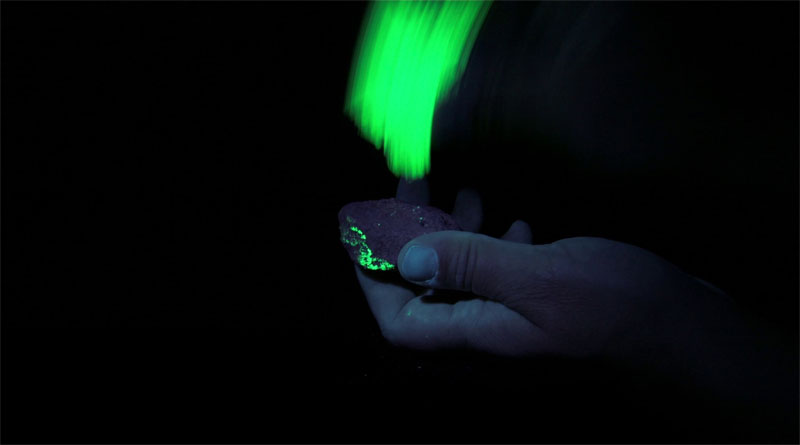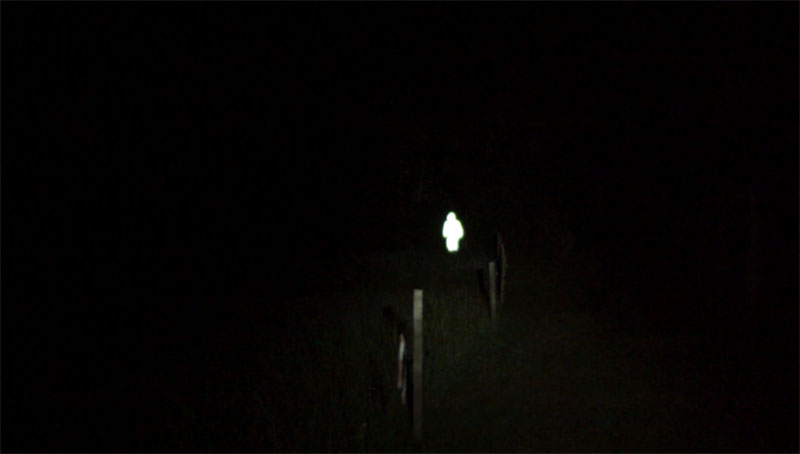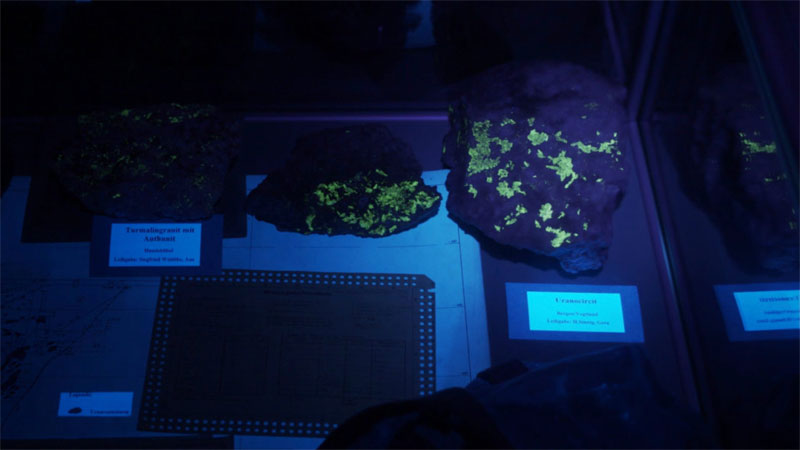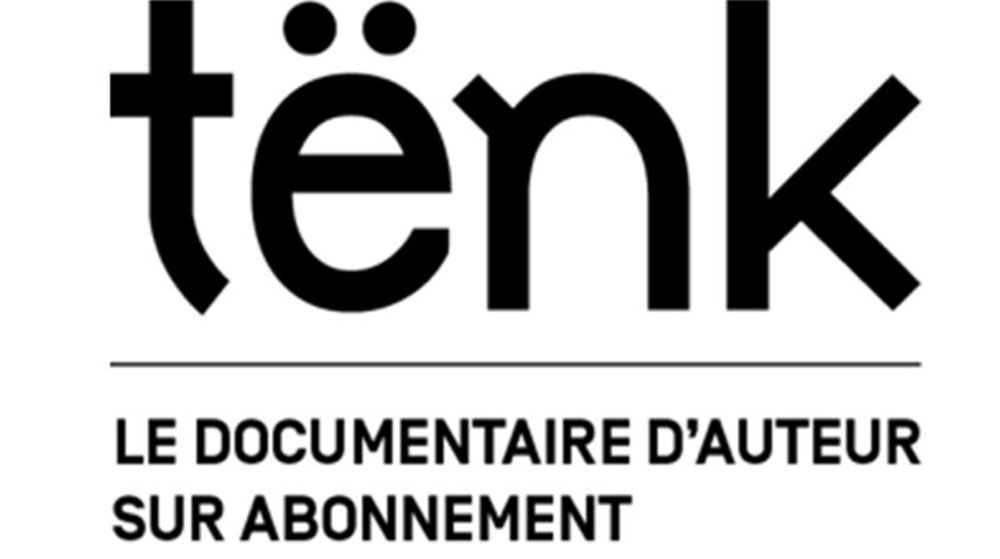Sonne unter Tage
-
Réalisé par Alex Gerbaulet, Mareike Bernien • Écrit par Alex Gerbaulet, Mareike Bernien
-
Allemagne • 2021 • 39 minutes • Couleur et Noir & Blanc
- Réalisation :
Alex Gerbaulet, Mareike Bernien - Écriture :
Alex Gerbaulet, Mareike Bernien - Image :
Jenny Lou Ziegel - Son :
Tom Schön - Montage :
Alex Gerbaulet, Mareike Bernien
- Production (personne) :
Caroline Kirberg - Production (structure) :
Pong film GmbH - Ayant droit :
Pong film GmbH
- N° ISAN :
non renseigné
Résumé
De 1946 à 1990, la société soviétique Wismut s.a., véritable État dans l’État-RDA, extrait de l’uranium pour l’industrie et le programme d’armement nucléaire de l’URSS dans l’Est de l’Allemagne. En surface, le socialisme brille – dans les sous-sols, les roches rayonnent dans la terre éventrée. Le film retrace cette histoire douloureuse dans les anciennes zones d’extraction de Saxe et de Thuringe où se manifeste, dans les années 1980, la résistance citoyenne contre la politique écologique défaillante de la RDA et ses pratiques d’exploitation effrénées aux conséquences désastreuses pour l’homme et la nature.
"At the village edge runs a gravel path, through fields and up to the fence, charted on the map of former uranium mining sites in Saxony and Thuringia. From 1946 to 1990 the Soviet corporation SAG Wismut mined uranium there for the USSR’s atomic weapons program. Above, socialism radiates into the future, below, an ancient rock radiates out of the torn up earth. The GDR environmental movement shines a light on the path. Night. Darkness. A group of people, a flashlight, a strip of x-ray film is buried in the gravel. The ground exposes the film, leaving behind a trace of its invisible rays. The film Sonne Under Ground follows this trace horizontally through the landscapes of today, marked by dismantling and restructuring, and vertically through the ground as an archive. Deep boreholes through space and time track the sedimented narratives surrounding the element uranium, materially, metaphorically, and geopolitically. How does it haunt the landscape? How is it linked to the ghost of socialism? What biographies rearrange and beleaguer the sites of its excavation? How does it continue to radiate in the media that record it? How can the spectrum of the visible be shifted in order to bring its invisible rays into the image, to make it possible to hear them or feel them?"
(Berlinale)
"Ein Schotterweg am Dorfrand, durch Felder hindurch bis zum Zaun, eingezeichnet in die Karte ehemaliger Uranabbaugebiete in Sachsen und Thüringen. Die sowjetische Aktiengesellschaft SAG Wismut baut dort von 1946 bis 1990 Uran für das Atomwaffenprogramm der UdSSR ab. Oben strahlt der Sozialismus in die Zukunft, aus der aufgerissenen Erde strahlt ein uraltes Gestein. Die DDR-Umweltbewegung wirft ein Schlaglicht auf den Weg. Nacht. Dunkelheit. Eine Gruppe von Menschen, eine Taschenlampe, ein Röntgenstreifen wird im Schotter vergraben. Der Boden belichtet den Film, hinterlässt eine Spur seiner unsichtbaren Strahlen. Der Film Sonne unter Tage folgt dieser Spur horizontal durch die heutigen, von Abbau und Sanierung geprägten Landschaften und vertikal durch den Boden als Archiv. Tiefenbohrungen durch Raum und Zeit spüren den sedimentierten Narrativen nach, die das Element Uran materiell, metaphorisch und geopolitisch umgeben. Wie sucht es die Landschaften heim? Wie verbindet es sich mit dem Geist des Sozialismus? Welche Biografien umlagern seine Ausgrabungsstätten? Wie strahlt es in seinen Aufzeichnungsmedien nach? Wie lässt sich das Spektrum des Sichtbaren verschieben, um seine unsichtbare Strahlung ins Bild zu bringen, sie hörbar oder spürbar zu machen?"
(Berlinale)
Mot(s)-clé(s) thématique(s)
À propos du film
Sélections et distinctions
- 2023 • Frauen Film Festival • Dortmund (Allemagne) • Sélection
- 2022 • Festival international du film de Berlin - Berlinale • Berlin (Allemagne) • Forum Expanded



